Fundamentals of Simcenter Amesim
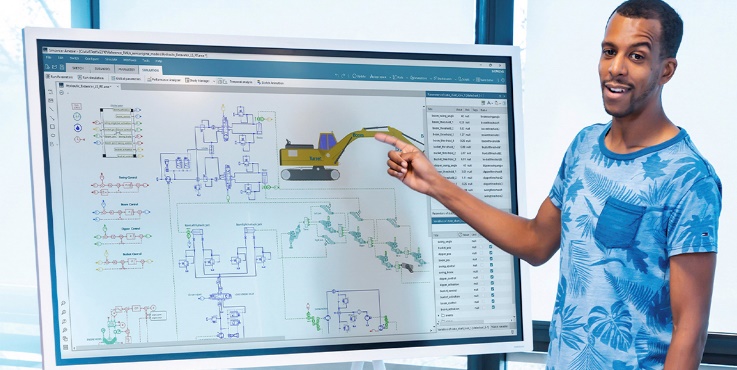
- Duration: 1 Day
- Introduction to the fundamentals of Simcenter Amesim, including basic modeling and simulation workflows.
1. Overview of Simcenter Amesim capabilities.
2. Navigating the interface and creating projects.
3. Building system models.
4. Defining and managing libraries.
5. Running system simulations.
6. Analyzing simulation results.
7. Exploring application examples.
8. Troubleshooting and best practices.
Advanced Tools in Simcenter Amesim
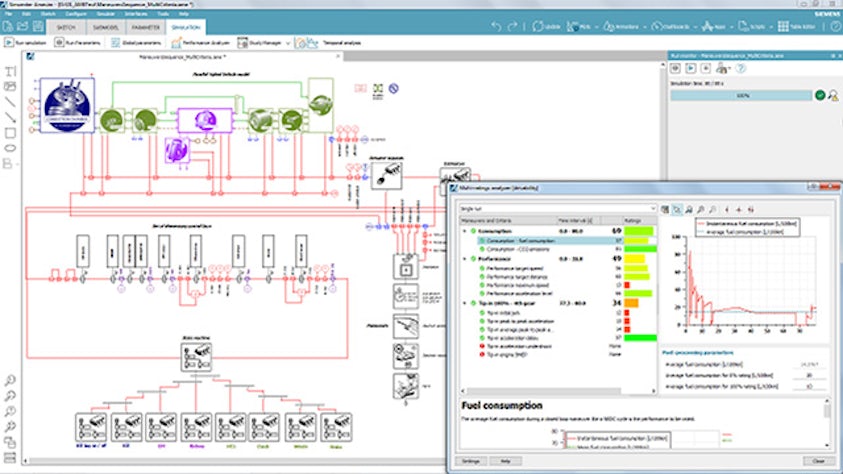
- Duration: 1 Day
- Hands-on training for using advanced tools and techniques in Simcenter Amesim.
1. Introduction to advanced tools in Simcenter Amesim.
2. Post-processing features and workflows.
3. Study manager and experimental setup.
4. Advanced simulation analysis methods.
5. Optimization techniques in system modeling.
6. Exploring parameter variations.
7. Best practices for advanced analysis.
8. Troubleshooting advanced setups.
Simcenter Amesim Platform Tools
- Duration: Half Day
- Comprehensive training on platform tools for model management and customization.
1. Overview of Amesim platform tools.
2. Data tools and customization options.
3. Supercomponents creation and management.
4. Model management tools.
5. Workflow automation.
6. Importing and exporting system data.
7. Platform integration best practices.
8. Troubleshooting platform-specific issues.
Vehicle Longitudinal Performance and Energy Consumption Analysis
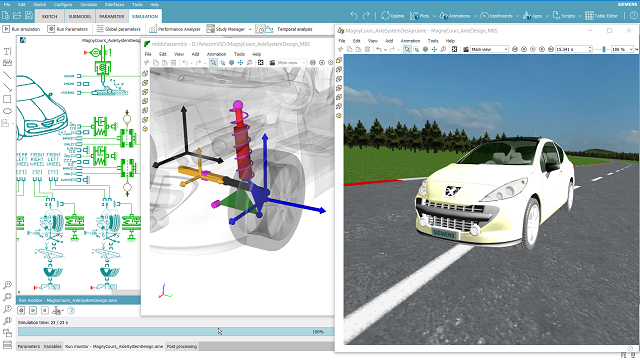
- Duration: Half Day
- Specialized training for vehicle modeling and energy consumption analysis, including hybrid and electric vehicles.
1. Introduction to IFP-Drive library.
2. Vehicle subsystems modeling.
3. Hybrid and electric vehicle workflows.
4. Defining energy consumption parameters.
5. Running performance simulations.
6. Evaluating simulation results.
7. Case studies in automotive applications.
8. Troubleshooting vehicle models.
Fuel Cells System Design
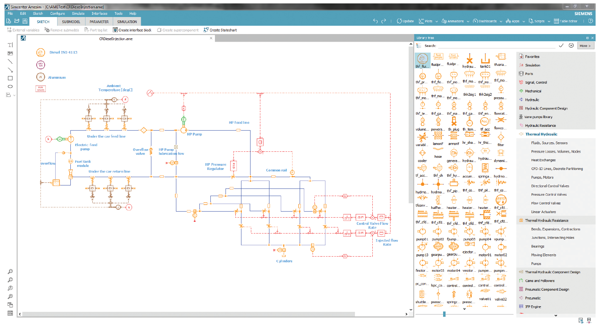
- Duration: Half Day
- In-depth training for designing and simulating fuel cell systems.
1. Overview of fuel cell technologies.
2. Basics of gas mixture and moist air modeling.
3. Fuel cell integration workflows.
4. Running scalable model simulations.
5. Analyzing fuel cell system performance.
6. Heat and mass transfer in fuel cells.
7. Case studies in energy applications.
8. Troubleshooting fuel cell designs.
Design and Simulation of Electric Storage Systems
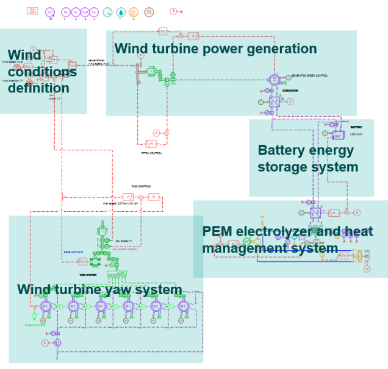
- Duration: 1 Day
- Comprehensive training for designing and simulating electric storage systems, including battery aging and thermal effects.
1. Introduction to electrical system modeling.
2. Battery modeling techniques.
3. Parameter setting tools for batteries.
4. Battery aging and thermal modeling workflows.
5. Analyzing battery system performance.
6. Integration into larger systems.
7. Case studies in energy storage.
8. Troubleshooting battery models.
Thermal and Two-Phase Flow Systems
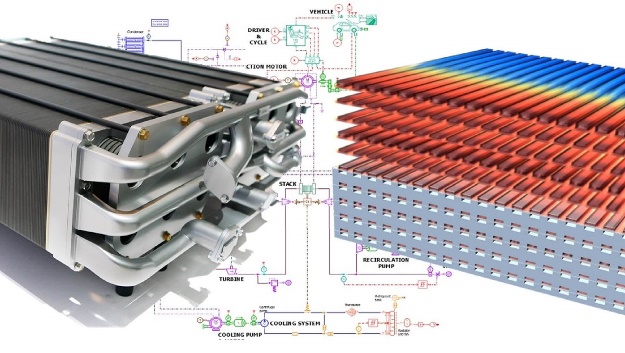
- Duration: 1 Day
- Training for designing and simulating thermal fluid and two-phase flow systems.
1. Basics of thermal systems modeling.
2. Physics of two-phase flow systems.
3. Modeling heat exchangers and moist air.
4. Setting up thermal and fluid simulations.
5. Analyzing thermal system performance.
6. Case studies in energy and HVAC applications.
7. Best practices for fluid systems modeling.
8. Troubleshooting fluid systems.
Electric Vehicle Modeling
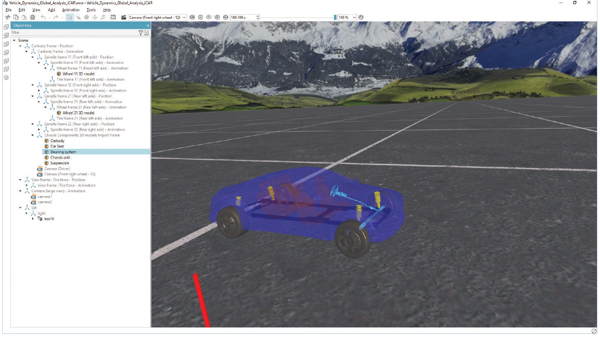
- Duration: Half Day
- Training on building and simulating electric vehicle models for performance and range prediction.
1. Electric motor design and sizing basics.
2. High-voltage battery modeling.
3. Gearbox and powertrain integration.
4. Vehicle chassis and suspension modeling.
5. System integration and validation.
6. Range and energy consumption prediction.
7. Case studies in EV applications.
8. Troubleshooting EV models.







